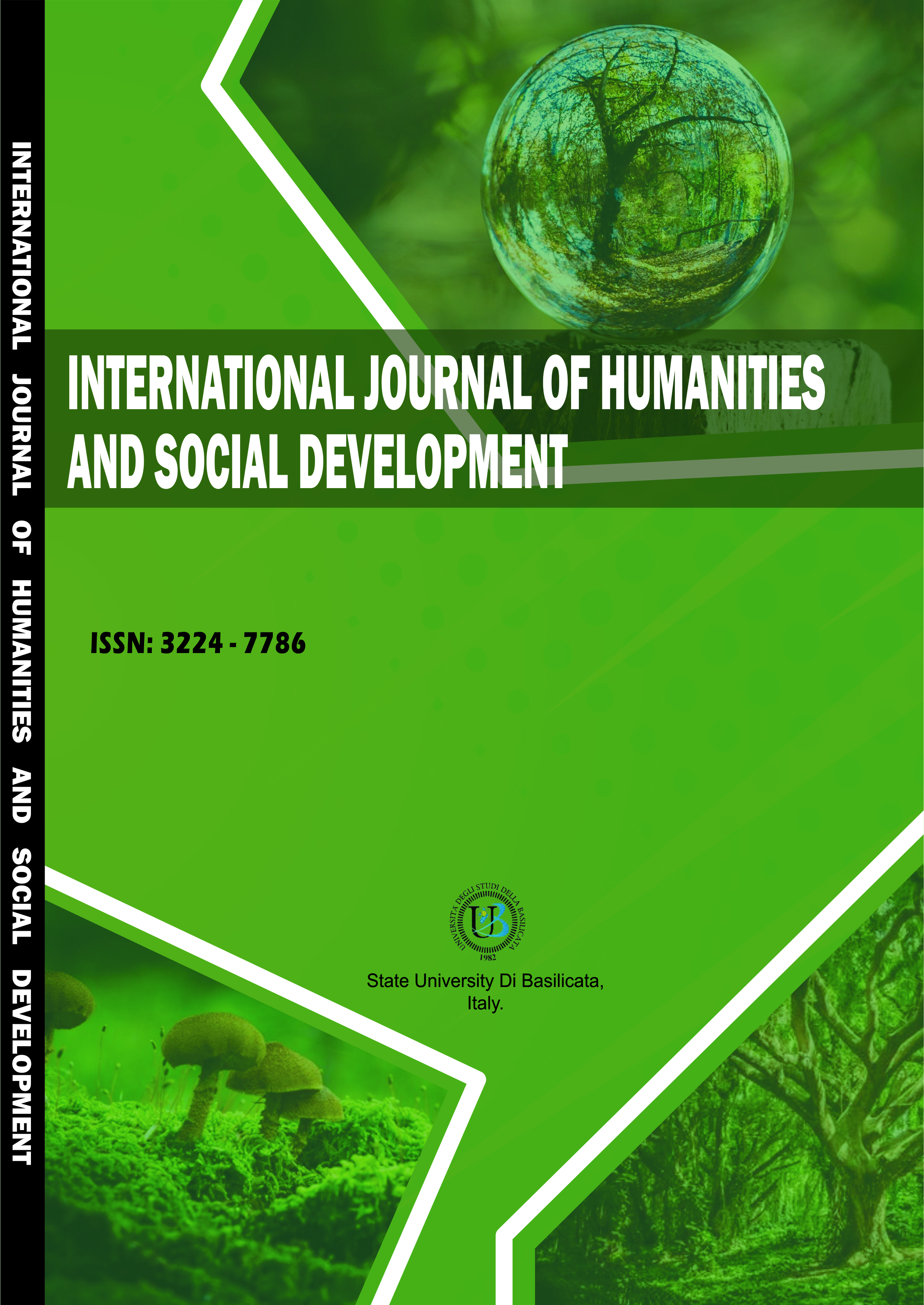INTERNATIONAL JOURNAL OF HUMANITIES AND SOCIAL DEVELOPMENT (IJHSD)
QUANTITATIVE FRAMEWORK FOR EFFECTIVE ADMINISTRATION TO ATTAINING SUSTAINABLE DEVELOPMENT GOALS IN TERTIARY INSTITUTIONS IN RIVERS STATE
E-ISSN: 2133 - 3762
P-ISSN: 3224 - 7786
DOI: https://iigdpublishers.com/journals/181
This study examined quantitative framework for effective administration to attaining sustainable development goals in tertiary institutions in Rivers State. The study was guided with two objectives and two research questions. The study adopted a descriptive survey design. The population of the study comprised. The population of the study comprised of Two Thousand Three Hundred and Eighty-Three (2383) teaching and Four Thousand Six Hundred and Forty-Two (4642) non-teaching staff of tertiary institutions in Rivers State totalling Seven Thousand Twenty-Five (7025) respondents. The three (3) public universities in Rivers State constituted the sample of this study. The study used a simple random sampling as the major technique, with some aspects of stratification in selecting the sample of this study. The simple random sampling technique was used in selecting five percent (5%) of the population as the sample. A total of Three Hundred and Fifty-One (351) respondents were therefore selected for the study. The instrument for data collection was a well-structured questionnaire titled Quantitative Framework for Effective Administration to attaining sustainable development goals in Tertiary institutions in Rivers State Questionnaire (QFEAASDGQ). The Cronbach Alpha method of reliability estimate was used to determine the consistency of the items. This is because the instrument was structured to yield multiple scored responses. The reliability co-efficient of 0.82 which was high enough to consider the instrument reliable in collecting the required data was obtained for the items. Data analysis for this study was done using Mean and Standard Deviation Statistics to answer the research questions while t-test inferential statistics was used to test the null hypotheses at 0.05 level of significance. The study found that the respondents indicate a consistent disagreement with statements related to explicit reference to SDGs in administrative policies, consistent guidance by SDG targets, existence of designated committees, allocation of financial resources, and collaboration with external organizations. It recommends that tertiary institutions in Rivers State should explicitly integrate the principles and objectives of SDGs into their administrative frameworks and tertiary institutions in Rivers State should implement measures to enhance data-driven decision-making processes within tertiary institutions.
YELLOWE ANNETTE N. PhD
Adebisi, J., & Uzoka, F. (2013). Enhancing data-driven decision-making for sustainable development in Nigerian higher education. Journal of Sustainable Education, 10(4), 175-190.
Ajayi, S., & Adesina, A. (2013). Challenges in integrating data analysis into policy formulation in Nigerian tertiary institutions. International Journal of Educational Research, 25(4), 210-228.
Brown, C., & Miller, D. (2018). Establishing sustainable development committees in higher education: A best practices guide. Journal of Sustainable Practices in Higher Education, 8(3), 87-102.
Igwe, K., & Omeje, C. (2020). Communication strategies for effective dissemination of data-driven insights in tertiary institutions. Nigerian Journal of Educational Communication and Technology, 12(1), 78-95.
Johnson, L. (2011). Financial commitment to sustainable development initiatives in higher education: A case study of institutional practices. Journal of Sustainable Finance, 15(1), 32-47.
